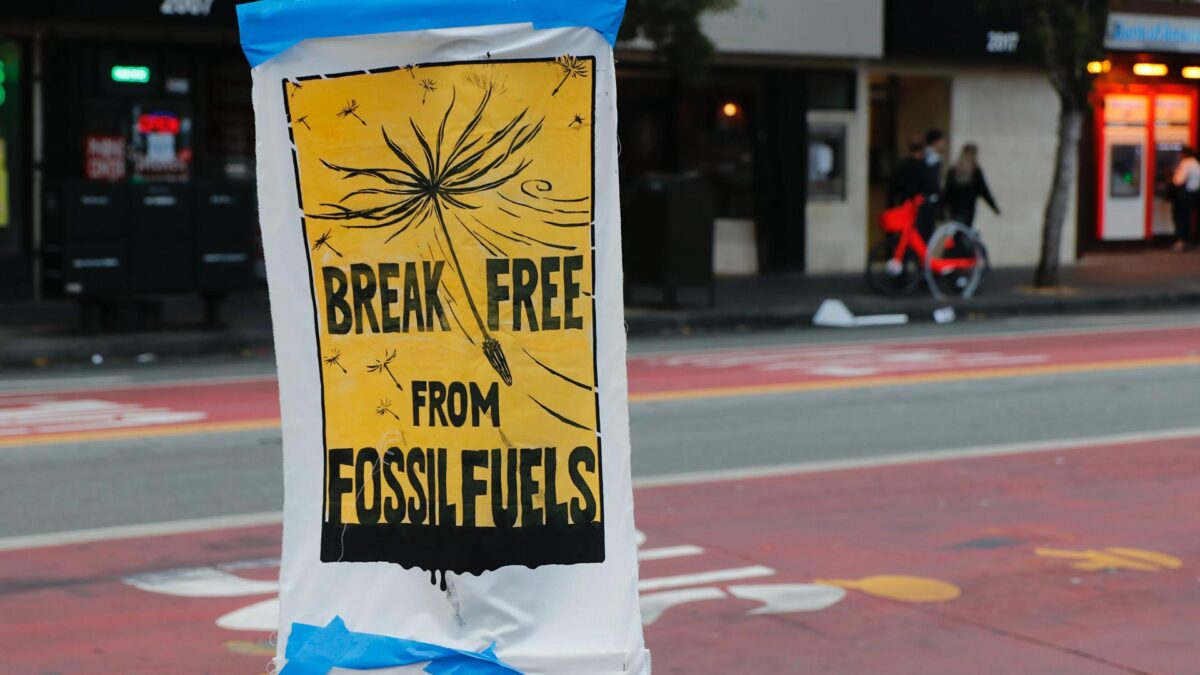By James E Barbour CA, ICAS Director of Policy Leadership
31 March 2022
The European Commission has adopted a proposal for a Directive on corporate sustainability due diligence
Main points:
- The European Commission has adopted a proposal for a Directive on corporate sustainability due diligence.
- The proposal applies to a company’s own operations, its subsidiaries, and its value chains (direct and indirect established business relationships).
- The proposal now moves to the next phase and will be presented to the European Parliament and the Council for approval. It remains to be determined whether the EU will be able to finalise the Directive before the end of the current legislative term (May 2024).
On 23 February 2022, the European Commission (EC) adopted a proposal for a Directive on corporate sustainability due diligence. The proposal aims to foster sustainable and responsible corporate behaviour throughout global value chains. Companies would be required to identify and, where necessary, prevent, end or mitigate adverse impacts of their activities on human rights, such as child labour and exploitation of workers, and on the environment, for example pollution and biodiversity loss.
For businesses, these proposed new rules are intended to bring legal certainty and a level playing field. For consumers and investors, the aim is to provide them with increased transparency. The proposed new EU rules are intended to advance the green transition and protect human rights in Europe and beyond.
Who does the Directive apply to?
A number of EU Members States have already introduced national rules on due diligence and some companies have taken measures of their own initiative. However, the EC believes that there is need for a larger scale improvement and therefore, the proposal establishes a corporate sustainability due diligence duty to address negative human rights and environmental impacts.
It is intended that the new due diligence rules will apply to the following companies and sectors:
EU companies (Groups 1 and 2):
- Group 1: all EU limited liability companies of substantial size and economic power (with more than 500 employees on average and more than €150 million of worldwide net turnover).
- Group 2: Other limited liability companies operating in defined high impact sectors, which do not meet both Group 1 thresholds, but have more than 250 employees and a net turnover of more than €40 million worldwide. For these companies, rules would start to apply 2 years later than for group 1.
It is also proposed that the Directive should apply to third-country companies which generate a net turnover of at least €150 million in the Union or a net turnover of more than €40 million but less than €150 million in one or more high-impact sectors. In order to reflect the priority areas of international action aimed at tackling human rights and environmental issues, the selection of high-impact sectors for the purposes of the Directive are to be based on existing sectoral OECD due diligence guidance.
Small and medium enterprises (SMEs) are not directly in the scope of this proposal.
This proposal applies to a company’s own operations, its subsidiaries and its value chains (direct and indirect established business relationships). In order to comply with the corporate due diligence duty, companies would need to:
- integrate due diligence into policies
- identify actual or potential adverse human rights and environmental impacts;
- prevent or mitigate potential impacts
- bring to an end or minimise actual impacts;
- establish and maintain a complaints procedure;
- monitor the effectiveness of the due diligence policy and measures; and
- publicly communicate on due diligence.
Companies in scope would need to take appropriate measures (‘obligation of means’), in light of the severity and likelihood of different impacts, the measures available to the company in the specific circumstances, and the need to set priorities.
National administrative authorities appointed by Member States would be responsible for supervising these new rules and have the ability to impose fines in case of non-compliance. In addition, victims would have the opportunity to take legal action for damages that could have been avoided with appropriate due diligence measures.
In addition, group 1 companies would need to have a plan to ensure that their business strategy is compatible with limiting global warming to 1.5 °C in line with the Paris Agreement.
To ensure that due diligence becomes part of the whole functioning of companies, directors of companies would need to be involved. This is why the proposal also introduces directors’ duties to set up and oversee the implementation of due diligence and to integrate it into the corporate strategy. In addition, when fulfilling their duty to act in the best interests of the company, directors would need to take into account the human rights, climate change and environmental consequences of their decisions. Where companies’ directors enjoy variable remuneration, they would be incentivised to contribute to combating climate change by reference to the corporate plan.
The proposal also includes accompanying measures which would support all companies, including SMEs, that may be indirectly affected. Measures include the development of individually or jointly dedicated websites, platforms or portals and potential financial support for SMEs. In order to provide support to companies the EC may adopt guidance, including about model contract clauses. The EC may also complement the support provided by Member States with new measures, including helping companies in third countries.
Approval phase
The aim of the proposal is to ensure that the EU, including both the private and public sectors, acts on the global stage in full respect of its international commitments in terms of protecting human rights and fostering sustainable development, as well as international trade rules.
The proposal now moves to the next phase and will be presented to the European Parliament and the Council for approval. It remains to be determined whether the EU will be able to finalise the Directive before the end of the current legislative term (May 2024).
This article was first published by Chartered Accountants Ireland at the following URL: https://www.icas.com/landing/sustainability/non-financial-reporting/sustainability-due-diligence













